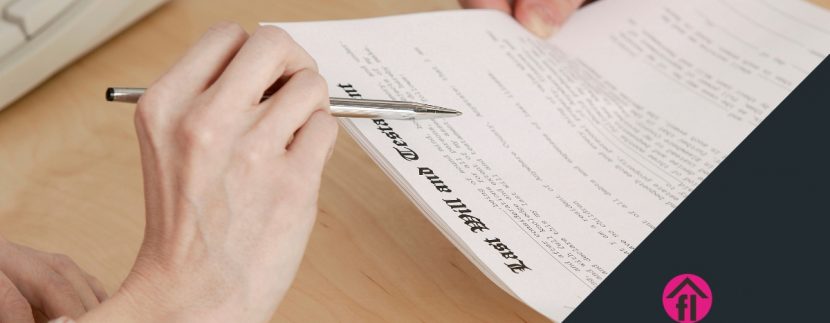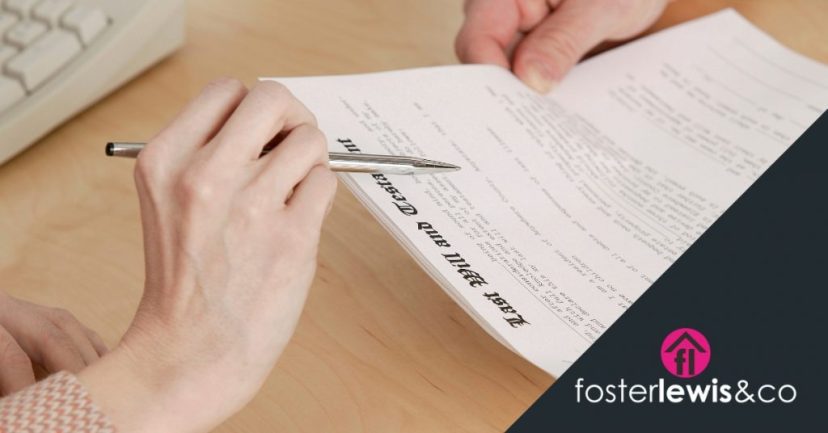Inheriting a property

Inheriting a property
It’s become commonplace for money to be passed onto family members by way of bricks and mortar – but even though it’s a normal occurrence, most people don’t know what happens and what they’ll need to do. Often this is due to it being an emotional and stressful situation, and also because you’ll probably only have to deal with it once or twice in your lifetime. Let’s break this down to make it understandable and less worrisome.
Top tip: The whole process is much easier if the owner of the property has a will. Some people are nervous about making a will, but if you want to protect your assets (property, possessions and money) then the best way is with a will. If a will hasn’t been made, you will need to contact a solicitor.
Inheriting a share of a property (for example, if it’s left to you and your sibling(s)) carries the same responsibilities, you just need to agree on everything together and how you will jointly own the property. You can be Joint Tenants (where you each have equal rights to the property, which is absorbed by the other tenants until only one remains and they can choose who to leave the property to in their will) or Tenants in Common (where your individual share is passed on to who you want it to instead of being absorbed by the other tenants).
The first thing to establish is if there is a mortgage on the property. If there is, the mortgage lender will still need to be repaid. Contact them immediately to discuss. Many lenders are understanding and will pause payments whilst you are sorting out how you want to proceed. Check for any life assurance policies that may pay off the mortgage.
You then have three main choices: sell up, rent out or keep the property.
If you choose to sell, you do not pay any Stamp Duty on that inherited property. Also, Inheritance Tax is not an extra tax you need to pay – it’s usually paid via the deceased’s estate, not directly out of your pocket. You may need to pay Capital Gains Tax if there is a difference in the value of the property from when you inherited to when you sell. You could choose to use our auction option!
If you choose to rent out the property, you will need to pay Income Tax on the profits you make, in conjunction with any other incomes you have. If the house still had a mortgage when you inherited, you’ll need to move to a buy to let mortgage to rent out the property.
If you choose to keep the property, you’ll need to let HMRC know which is your main house as you can only have relief from capital gains tax for your main home.
In all eventualities, it’s best to get up-to-date legal advice. We’d recommend you view the Government information pages for more details.


